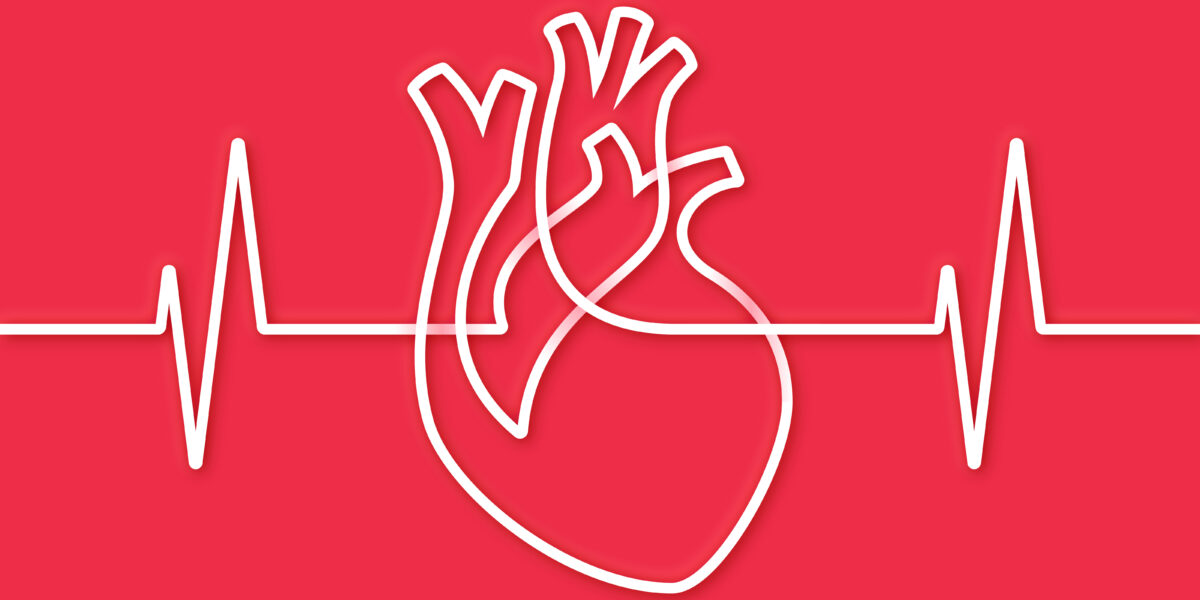Login
Heart and Vascular Care
Vascular Surgery
Traditional and minimally invasive endovascular procedures
Request an Appointment
Vascular Surgeons
The vascular system is the entire network of veins and arteries that carry blood throughout the body, including the pump that drives the whole process — the heart.
Vascular surgeons are the ones who keep this system working smoothly (except for the heart itself), correcting issues and easing the symptoms they cause. They use a range of treatments, from traditional open surgeries to modern, minimally invasive procedures. Whenever possible, they even treat patients without any surgery at all, using medication and lifestyle changes alone.
Their jurisdiction is from the neck down — the only arteries and veins they don’t treat are in the brain. These are handled by other specialists.
Why Should I See a Vascular Surgeon?
Vascular surgeons don’t just perform procedures — they’re partners in your vascular health. If you’re experiencing symptoms, they can help you determine the cause and determine the best course of action. Make sure to maintain a relationship with your primary care provider and consult with them about your health complications to ensure that seeing a vascular surgeon is right for you. Some signs that it’s time to talk to someone are:
Sudden blurred vision, tingling or numbness on one side of the body.
These are often signs you’ve had a stroke. This is a medical emergency, and you should seek help immediately to minimize lasting damage. A vascular surgeon, in cooperation with a full stroke team, will be the one who treats you when you arrive at the hospital.
Sudden abdominal or back pain.
These symptoms can be life-threatening when it results from an aneurysm—a weakening and ballooning of an arterial wall—that has ruptured. It's important to monitor and address these symptoms over time to ensure they don't worsen. Note: Not all aneurysms have symptoms and can only be detected through screening.
Two of the conditions we most commonly treat are peripheral arterial disease — a narrowing or blockage of arteries, and abdominal aortic aneurysm — a swelling or bulge in the wall of the aorta.
For these and many other diseases, surgery can improve your overall health and quality of life, making it the ideal next step in treatment. Other times, lifestyle changes and medication alone can suffice. A consultation with one of our vascular surgeons can help you make an informed decision, together. Talk with your primary care provider about any symptoms you may experience. If appropriate, they may refer you for treatment, or you may book an appointment directly with our vascular team.
The Two Types of Vascular Surgery
Related Content
Interested in a Consultation?
Center for Heart & Vascular Health
4755 Ogletown-Stanton Road
Suite 1E20
Newark, DE 19713


